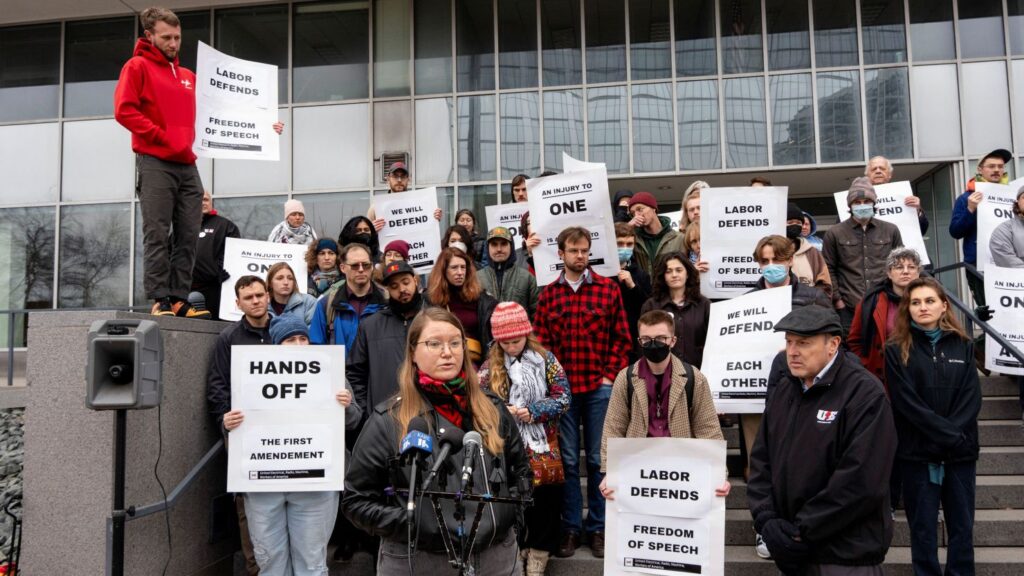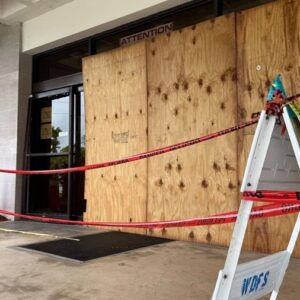A federal appeals court in New York is reviewing the cases of two graduate students who claim they were unlawfully detained by U.S. Immigration and Customs Enforcement (ICE) during the Trump administration’s crackdown on pro-Palestinian campus activism.
The proceedings before the 2nd U.S. Circuit Court of Appeals on Tuesday center on Rumeysa Öztürk, a Tufts University doctoral candidate, and Mohsen Mahdawi, a Columbia University activist. Both were released on bail earlier this year after lower court rulings, but the federal government is contesting their freedom.
Rumeysa Öztürk’s Case
Öztürk, a Turkish national, was detained in March in Somerville, Massachusetts, in an arrest captured on video. The footage showed masked agents approaching her as she screamed before being taken away.
Her attorneys argue she was targeted for an op-ed she wrote in her student newspaper criticizing Tufts’ rejection of student resolutions concerning Israel’s military actions in Gaza. She spent six weeks in detention. Lawyers called her arrest “a shocking violation of the First Amendment.”
Justice Department attorney Tyler Becker countered that Öztürk should have pursued bond appeals through immigration courts before seeking federal court relief. He argued that if her custody transfer is deemed unlawful, her bail should also be revoked—potentially allowing ICE to re-detain her.
Her legal team pushed back. “Respondents did something they had no power at all to do: unconstitutionally detain her to retaliate against and punish her for her speech in support of Palestinian human rights,” they said.

Mohsen Mahdawi’s Case
The government is also appealing the release of Mohsen Mahdawi, who was detained in April during his naturalization interview. Mahdawi had been outspoken at Columbia University against Israel’s military campaign.
In court, Becker argued that Mahdawi posed a national security threat, citing a 2015 FBI probe into claims by a gun shop owner that Mahdawi had built machine guns in the West Bank to kill Jews. No charges were ever filed, and Judge Geoffrey Crawford ordered Mahdawi’s release in April, noting the lack of evidence.
Mahdawi’s lawyer, Michael Tan of the ACLU, dismissed the claims, saying the FBI would have pursued charges if they were credible. Appeals Judge William Nardini described that assertion as “a dramatic overstatement.”
Free Speech and Constitutional Questions
At the heart of both cases is whether noncitizens can be detained indefinitely without court review. Government lawyers argue that federal courts lack jurisdiction until administrative immigration proceedings are complete.
Attorneys for Öztürk and Mahdawi counter that such a position gives the executive branch unchecked authority to silence dissent. “Any other conclusion would give the executive branch a powerful tool of censorship,” they warned in filings.
Esha Bhandari of the ACLU, who argued Öztürk’s case, said after the hearing: “The day you’re put behind bars because you wrote something the government didn’t like … that harm can never be undone. That’s why you need immediate access to the courts.”
Broader Implications
The cases highlight growing concerns about how immigration law intersects with free speech rights. Advocacy groups warn that using immigration detention to target dissent could have a chilling effect on activism in academic spaces and beyond.
A ruling from the 2nd Circuit will not only decide the fate of two graduate students but may also set a precedent for how far immigration authorities can go in detaining individuals for their political speech.






